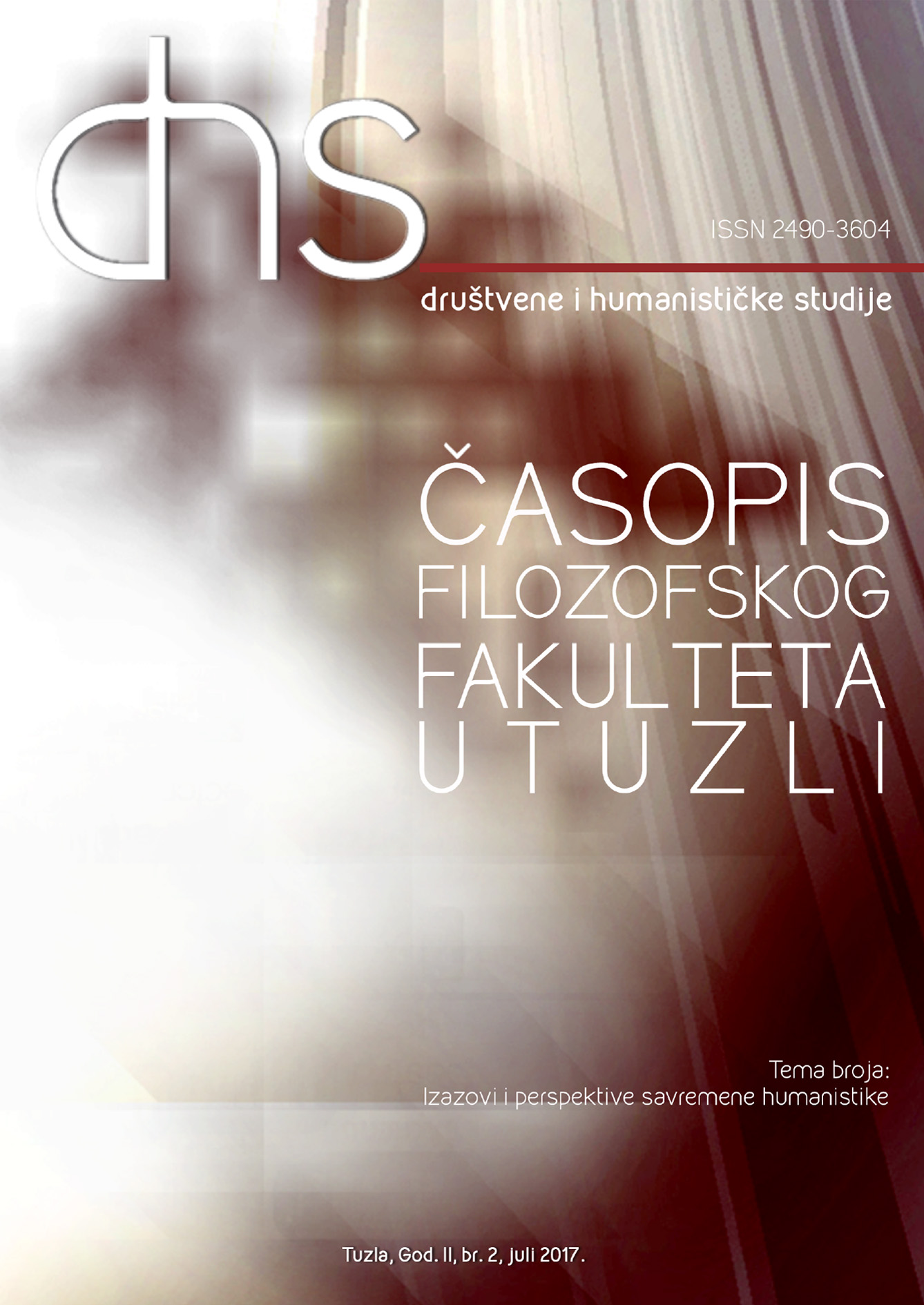Leukipovo i Demokritovo poimanje praznine kao elementa Kosmosa
Leucippus and Democritus's Understanding of Emptiness as an Element of the Cosmos
Author(s): Mirela KarahasanovićSubject(s): Philosophy, History of Philosophy, Ancient Philosphy
Published by: Filozofski fakultet Univerziteta u Tuzli
Keywords: Leucippus; Democritus; atoms; a void, a being; nonbeing; movement;
Summary/Abstract: The controversy around the area in antiquity, intensify thanks to Parmenides open questions of the nature of movement and (non)possibility of the rational understanding of change. Discussions on space ranged from denial, to affirm the space as necessary assumptions, not only changes in general, but also as a limit, and even the element that enjoys an ontological status. The atomists, in an attempt to solve the problem of Eleatic movement, came to the temptation to deal with the issue of space. In ontological terms of atoms and the void (space), not only they represented elements of the overall (multiple) things, but are at the same time the condition of the universe. Giving the area a predicate of Nothing, and at the same time specifying it to exist as much as only a body, for Hegel this meant a step further, and even the opening questions of metaphysics corporeality. The aim of the author of the work is, to point out that Leucippus and Democritus were able to solve the problems thanks to the theory of emptiness (space) which monism faced with, and even Anaxagoras and Empedocles philosophy, and the question is in which way from the original mass of matter we make phenomena of sensual perception, as well as the separation of fact and movement.
Journal: DHS-Društvene i humanističke studije: časopis Filozofskog fakulteta u Tuzli
- Issue Year: II/2017
- Issue No: 2
- Page Range: 303-318
- Page Count: 16
- Language: Bosnian

